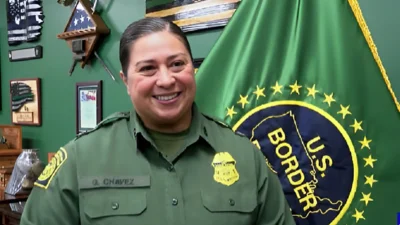The Congressional Record is a unique source of public documentation. It started in 1873, documenting nearly all the major and minor policies being discussed and debated.
“NATURAL RESOURCE PROTECTION COOPERATIVE AGREEMENT ACT” mentioning the Department of Interior was published in the Extensions of Remarks section on pages E2327-E2328 on Nov. 10, 2005.
The publication is reproduced in full below:
NATURAL RESOURCE PROTECTION COOPERATIVE AGREEMENT ACT
______
HON. JON C. PORTER
of nevada
in the house of representatives
Thursday, November 10, 2005
Mr. PORTER. Mr. Speaker, protecting our Nation's natural resources is one of the greatest gifts that we can give to future generations. When one thinks of our national resources, images of Yellowstone National Park, Lake Mead National Recreation Area, or the Grand Canyon National Park often come to mind. However, in recent years, these areas have all experienced the devastating effects of invasive plant species such as salt cedar, or tamarisk.
This is why I rise today to announce the introduction of the Natural Resource Protection Cooperative Agreement Act.
Invasive plant species know no boundaries. According to the Department of the Interior, the National Park Service currently manages 388 units, comprised of 84.4 million acres of land throughout the United States. Of these units, 196 have been cited as having ``serious problems'' due to invasive plant species.
Today, I am introducing the Natural Resource Protection Cooperative Agreement Act. The purpose of this bill is to allow the National Park Service to enter into cooperative agreements with State, local, educational, and Tribal experts to restore and protect these lands from the effects of invasive plant species. The goal of this legislation is to allow the National Park Service to work with those who are best able to remove these species before they enter federal units, putting the National Park Service into a better position to preserve our native species.
Thank you, Mr. Speaker, for allowing me to speak on this important bill.
____________________








